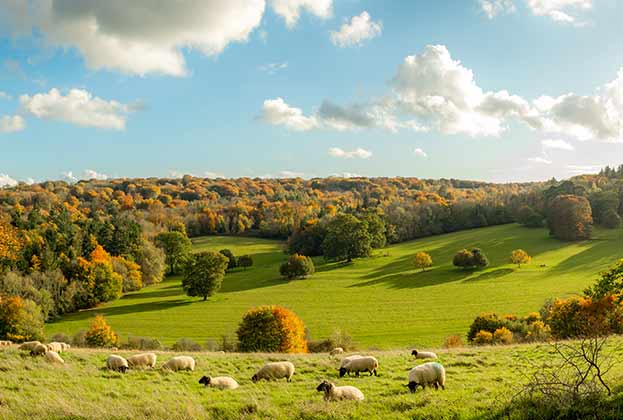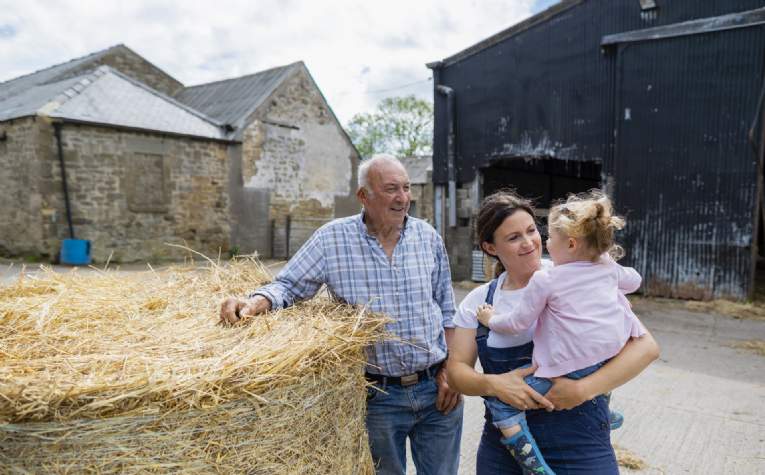UK farmland has the potential to play an important role in carbon capture. This presents farmers with a welcome income stream, but they need to make sure they don’t unwittingly lose out on assets that would be better off under their control.
Think of it like a barn. The building may no longer be needed but do you sell it to boost your capital and forgo future ownership, or do you let it and continue to receive an income? If you go down the rental route, do you do so on a long-term basis (less work but less agile) or keep it short-term and nimble so you can review the situation on a regular basis?
When working with investors in carbon or environmental projects, farmers need to have a clear head and a clear business plan to make sure they are not dazzled by the carbon pound, selling off more than is prudent, or entering into deals with more strings attached than they realised.
Carbon offsetting schemes are currently all about sequestering new carbon which will usually require a change in land use. However, land has many uses – food, fibre and fuel, homes, amenity and recreation – and it may be possible to layer these with carbon potential. For example, sheep can still graze on a solar farm and if a farmer converts land to agroforestry, the trees could be used to generate biomass as a sustainable fuel source at the same time as growing food.
So before signing over swathes of land for new woodland creation projects, it’s worth thinking through all the options. For investors it’s important to understand the complexities of current and future land use and to understand the range of opportunities rather than fixating on just one.
For farmers the ultimate goal is to harness carbon potential without losing sight of the primary business aims.
Further information
See Aspects of Land Autumn/Winter 2021 for more rural news and points of view
.jpg)
.jpg)
.jpg)
.jpg)
.jpg)

.jpg)


.jpg)
.jpg)